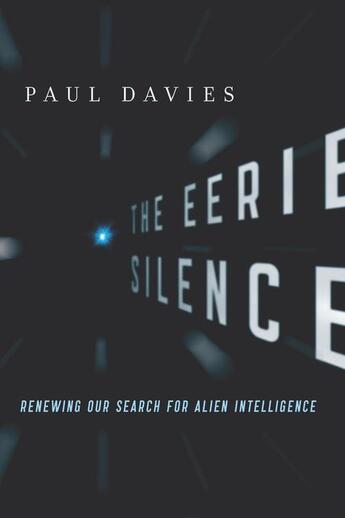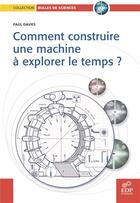-
Nombre de pages : (-)
-
Collection :
(-)
-
Genre :
(-)
-
Thème :
Non attribué
-
Prix littéraire(s) :
(-)
Résumé:
One of the world's leading scientists explains why--and how--the search for intelligent life beyond Earth should be expanded. Fifty years ago, a young astronomer named Frank Drake first pointed a radio telescope at nearby stars in the hope of picking up a signal from an alien civilization.... Voir plus
One of the world's leading scientists explains why--and how--the search for intelligent life beyond Earth should be expanded. Fifty years ago, a young astronomer named Frank Drake first pointed a radio telescope at nearby stars in the hope of picking up a signal from an alien civilization. Thus began one of the boldest scientific projects in history, the Search for Extraterrestrial Intelligence (SETI). After a half-century of scanning the skies, however, astronomers have little to report but an eerie silence--eerie because many scientists are convinced that the universe is teeming with life. Physicist and astrobiologist Paul Davies has been closely involved with SETI for three decades and chairs the SETI Post-Detection Taskgroup, charged with deciding what to do if we're suddenly confronted with evidence of alien intelligence. He believes the search so far has fallen into an anthropocentric trap--assuming that an alien species will look, think, and behave much like us. In this provocative book Davies refocuses the search, challenging existing ideas of what form an alien intelligence might take, how it might try to communicate with us, and how we should respond if it does.
Donner votre avis















